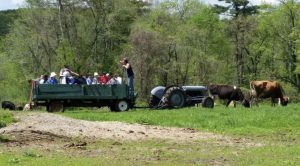 We all tell our students that 6 hours/week of class is not enough time to learn to speak English well and we encourage them to find opportunities to speak English beyond the classroom. Last term, I told my class how important it was to be exposed to English as much as possible. This is especially important if you are not in class now.
We all tell our students that 6 hours/week of class is not enough time to learn to speak English well and we encourage them to find opportunities to speak English beyond the classroom. Last term, I told my class how important it was to be exposed to English as much as possible. This is especially important if you are not in class now.
The students were assigned the homework below. Most of them did the homework and practiced speaking English with more people.
HOMEWORK
- Find someone who speaks English and whom you have never spoken to before. For example: post office clerk, supermarket cashier, waiter, etc and try to speak to them in English for a few minutes.
- Write 4 or 5 sentences describing this experience – who, what, when where, etc.
— Thanks to Charlie for this article —










